Most people have probably heard of Oskar Schindler through Spielberg’s movie Schindler’s List. Schindler is the most famous member of 25,271 people called Righteous of the Nations. These are non-Jews identified by the Yad Vashem Holocaust museum to have committed courageous acts that saved Jews during the Holocaust. Schindler was a member of the Nazi party and an industrialist who ran some factories during WWII. He ended up saving approximately 1092 Jews by registering them as workers for his factory and bribing Nazi officials to be allowed to do this. Originally this was with a profit motive but apparently he then started doing it for its own sake, spending almost all of his money on the rescue efforts. After the war, he had some unsuccessful business ventures and spent part of his life supported by the survivors and their descendants (which number around 7000 today).
I think his story has something compelling about it, partly because he seems to be such an unlikely hero, partly because his motives weren’t “pure” the whole time but we probably tend to overlook that because of the great utilitarian action of saving 1092 people from the gas chambers. I certainly think he deserved the accolades he got during his life, as well as the financial support from the survivors who were eager to contribute, as well as his place in history.
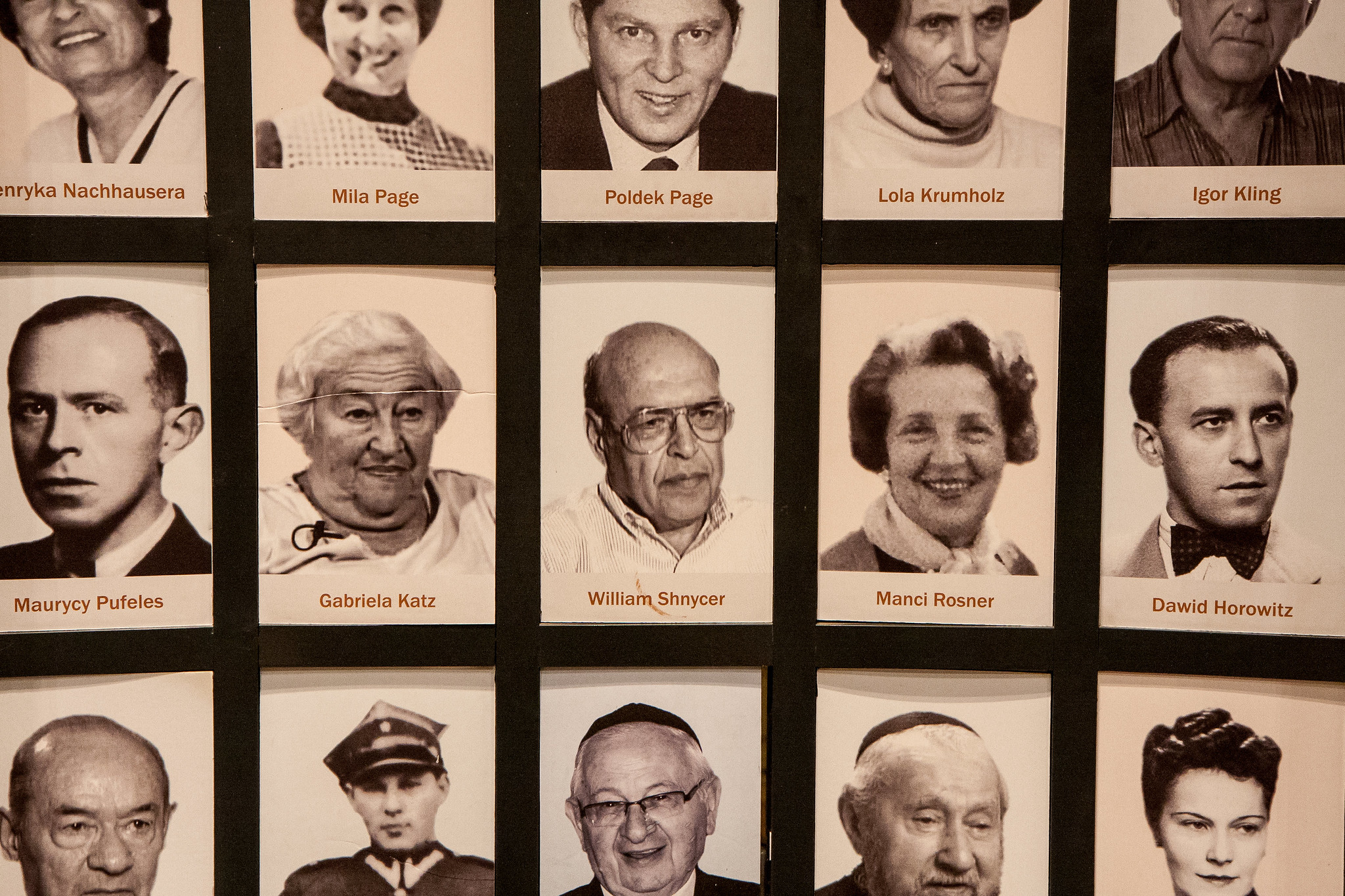
The main problem with valorising such behaviour is that it privileges a certain kind of heroic action over many others that achieved the same thing. Schindler’s efforts were dramatic because he was trying to stop a very dramatic evil, and he was in the midst of it. However, ultimately, he was a capitalist who spent a lot of money to save the lives of 1092 people. I don’t see why a person who is able to earn a substantial amount of money today by working at a job and donates enough money to save the lives of 1092 people is any less heroic. There is less of an element of personal danger compared to Schindler, sure. But the effect is the same. And of course if donating to save people from the “ordinary” effects of poverty seems less dramatic than saving people from the Holocaust it’s only because WE’ve normalised deaths from poverty and accepted them as the background of suffering that punctuates every second the world turns.
So the question is: could you or me be as heroic as Oskar Schindler?
If you’re a white-collar professional in Australia, YES. Let’s look at two scenarios (the calculations for both are here if anyone’s interested).
Conservative scenario
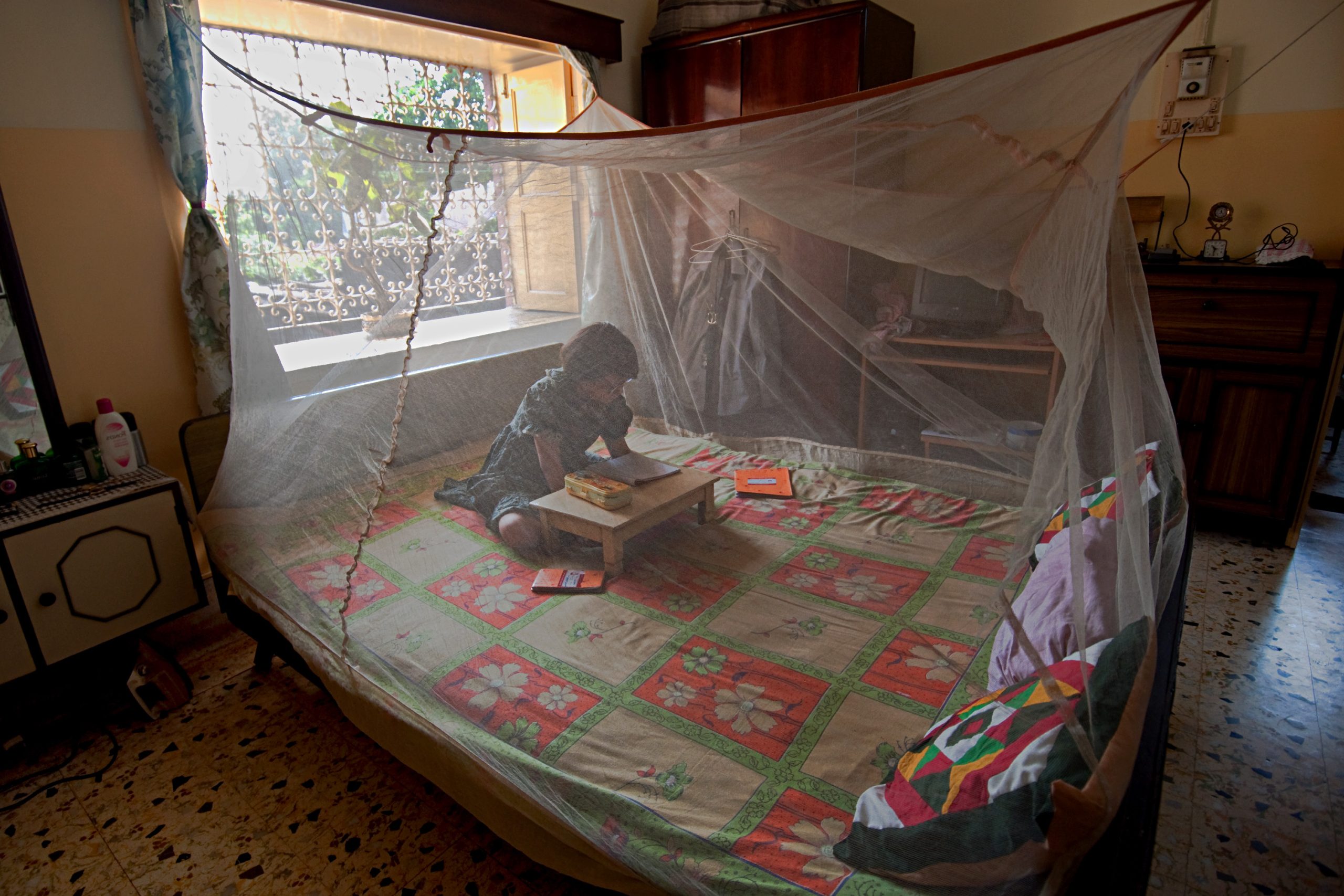
Picture This Photo Contest 2010, Amateur Category, winner MDG 6 – A young girl reads under her malaria net in West Bengal, India.
Some states of India are still red marked for Malaria. People are now very aware as to how to to prevent them from getting this disease. People are taking lots of initiatives so their homes can be out of danger. Here we can see a young girl reading after puyyonh up the mosquito net .
The organisation GiveWell aims to find particularly effective charitable giving opportunities — namely organisations for where each dollar does verifiably high amount of good. Their calculations for Against Malaria Foundation (a former top recommended charity) were $3400 per life saved. This ignores the multitude of good that insecticide-treated malaria nets do other than preventing deaths. So, to save 1092 people at this rate, we need to donate about $3.7M. This can be achieved by donating constantly through a 45 year career, starting by donating 25% of a $30,000 annual salary. As the hypothetical person’s salary grows they don’t just keep more money but donate a higher percentage, up to 55% of a $120,000 salary at the end of a career. If this all goes to a high interest account, they will be able to save 1092 lives on the day they retire.
Minimal scenario
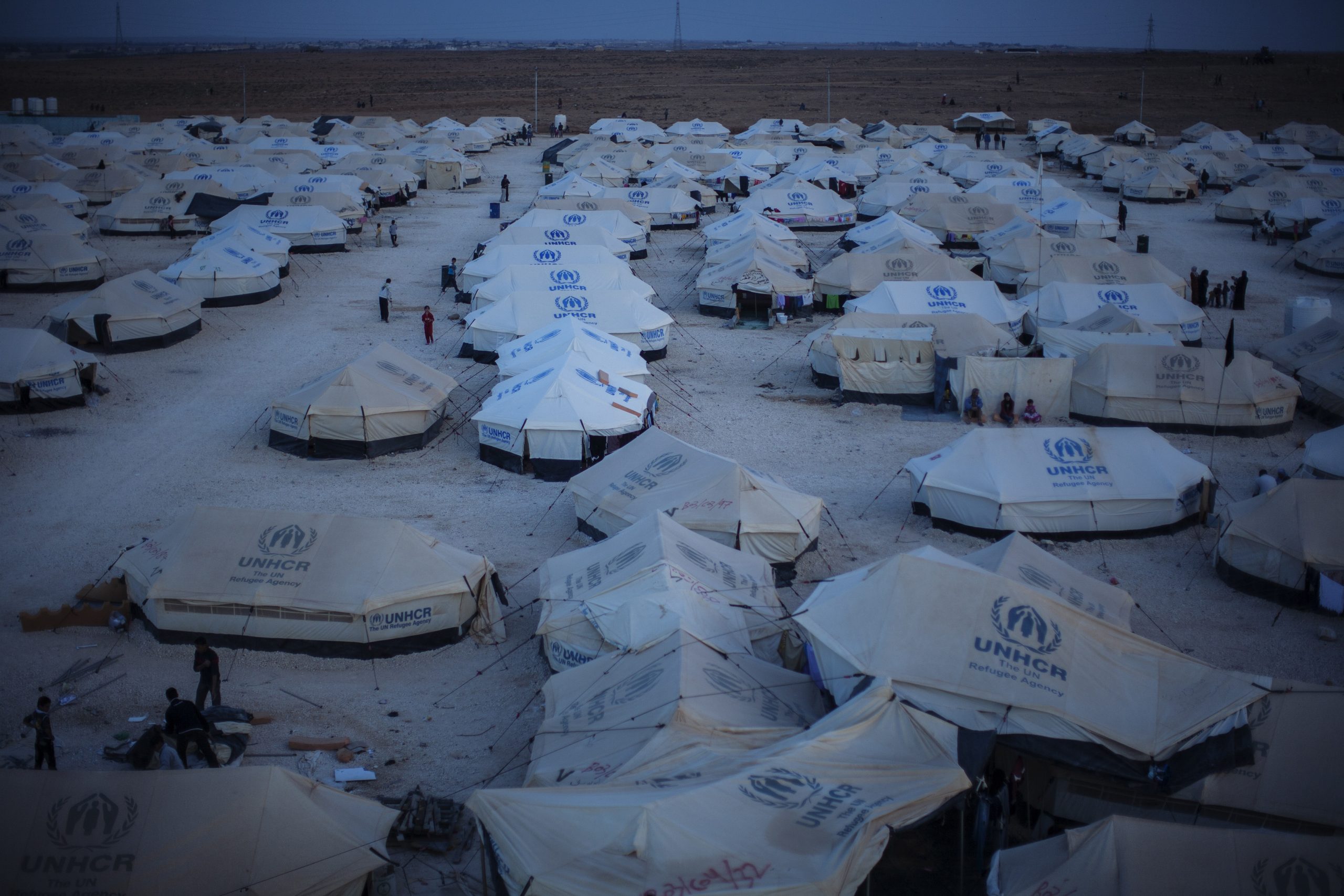
This one makes assumptions that are much less demanding of the donor. Incremental increase in lives saved is a hard business to calculate, and there are few obvious opportunities since there is a large-scale network of governments, NGOs and private spending. But there is a lot of suffering where there’s a much thinner line between donation and death. For example, people who have been displaced by war or genocide living in refugee camps need money to eat. In this case, the infrastructure might already be built but organisations like the World Food Programme often can’t raise the full funds for the food (or can’t get governments to deliver their promised cash). This happens all the time.
So now let’s imagine 1092 displaced people who need 2 years worth of food in a refugee camp (until they can go home), or they won’t survive. The WFP needs $120M per year to feed 535,000 in two refugee camps in Kenya which works out to about $500 per person for the 2 years. This requires you to save $548,000 which can be done based on a similar scenario but donating a flat 10% every month, and having a much smaller increase in annual salary over 45 years.
Can everyone really be like Oskar Schindler?
My scenarios are pretty limited. You have to be a middle class professional with a 45 year career with some numbers that might make sense in Australia but might have to be fiddled with elsewhere. So this opportunity goes hand in hand with quite a lot of privilege already. Still, there are tens of millions of people who are in this position. They’ve been presented with a similar moral dilemma to Schindler, just a much less stark one. (Rest assured that deaths from poverty, starvation and disease almost as human-caused and linked to human evil as deaths from direct violence.)
If you think the 25% donation rate is huge, remember that this scenario is comparing a person who spent all his money at personal risk to save the 1092 people. And you can of course take the 10% rate of scenario two. The Life You Can Save recommends you give at least 1.4% off an median Australian salary of $49,000 (and says the average is 5% of income).
There are of course more caveats. The calculations I’ve done are a proof of concept. They are definitely not the smartest way to raise the money or the best way to donate. There is an entire effective altruism movement out there. Still, the point was that you can.
Finally, you might think this is a pretty libertarian and individualistic way of changing the world. The self-sufficient rational agent who CHOOSES to donate money out of the goodness of his own heart. In this model, charitable giving is just another product to be bought in a system whose very structure is causing the poverty. And this is a very valid critique for why we should be working on making more systemic changes to the world. BUT, that doesn’t change the fact that donating money can and does save lives. Those who can do that still deserve the kind of admiration that Schindler’s List had for Oskar.

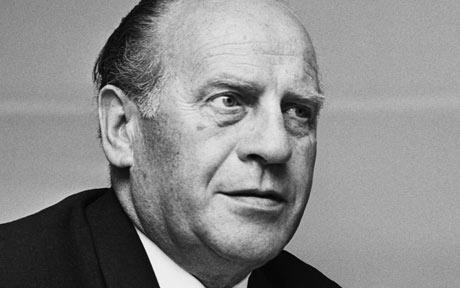


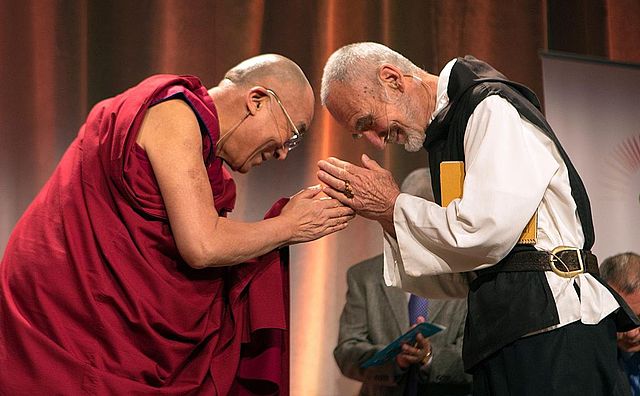
0 Comments